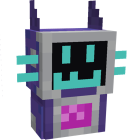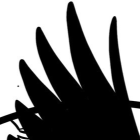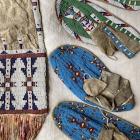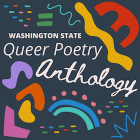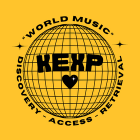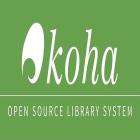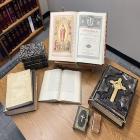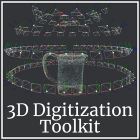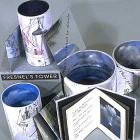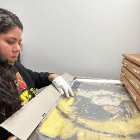
The Archives are the Story: Processing and Cataloging the Self-Help Graphics and Art Founder Archives
In collaboration with Self Help Graphics and Art (SHG), this project processed, condition reported, created metadata, and rehoused 315 archival artworks by the organization’s co-founders, Sister Karen Boccalero, Antonio Ibañez, and Carlos Bueno. The research culminated in two finding aids for each sub-collection. These collections evidence the origins and early artwork of the co-founders, who collectively lit the fire for an organization with 50 years of history and significance to Chicanx and Latinx artists in Los Angeles still burning bright today. The project aims to make these previously unprocessed collections accessible to SHG’s local community of neighbors, artists, and researchers.


